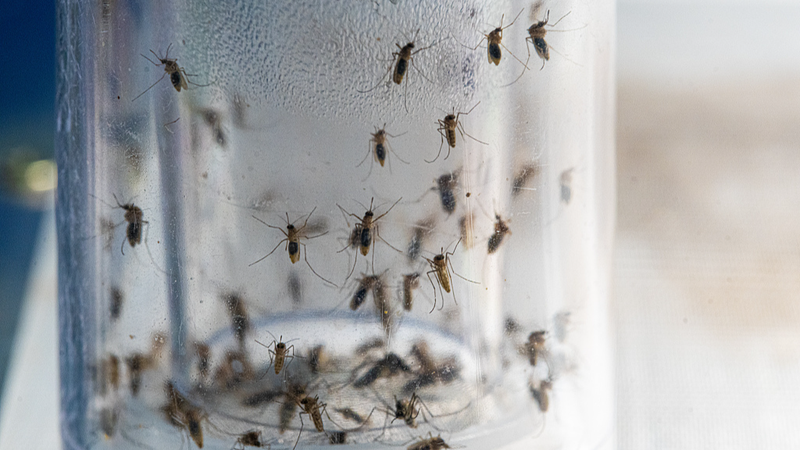Mosquito-borne diseases such as chikungunya and dengue continue to challenge public health systems worldwide. Addressing this global threat, a team of scientists at Southern Medical University in Guangdong Province has rolled out an intelligent vector surveillance system that promises real-time, high-efficiency monitoring.
Led by Professor Chen Xiaoguang, the system combines automated traps with smart oviposition buckets. The dual-device setup mimics human attractants to capture non-blood-fed mosquitoes, while miniature water pools in the buckets lure blood-fed Aedes albopictus looking to lay eggs.
In field trials across communities in Foshan City, the new approach proved four times more efficient than traditional oviposition traps. Automated monitors feed live data to a cloud platform, triggering timely alerts when mosquito densities spike.
Chen notes that the alerts have cut delays in manual trapping and accelerated local disinfection actions, resulting in a nearly 40 percent drop in adult mosquito captures within key zones after deployment.
These data-driven insights allow health officials to craft targeted intervention protocols, reducing reliance on broad-spectrum insecticides. The scalable system is already active at multiple sites in southern Guangdong and could serve as a model for other regions battling vector-borne diseases.
As global citizens, our ability to harness innovation is crucial for public health and sustainable development. With this smart surveillance technology, Professor Chen and his team are helping communities stay one step ahead of mosquito threats and steering the future of disease prevention into new territory.
Reference(s):
Chinese team develops smart system to fight mosquito diseases
cgtn.com




